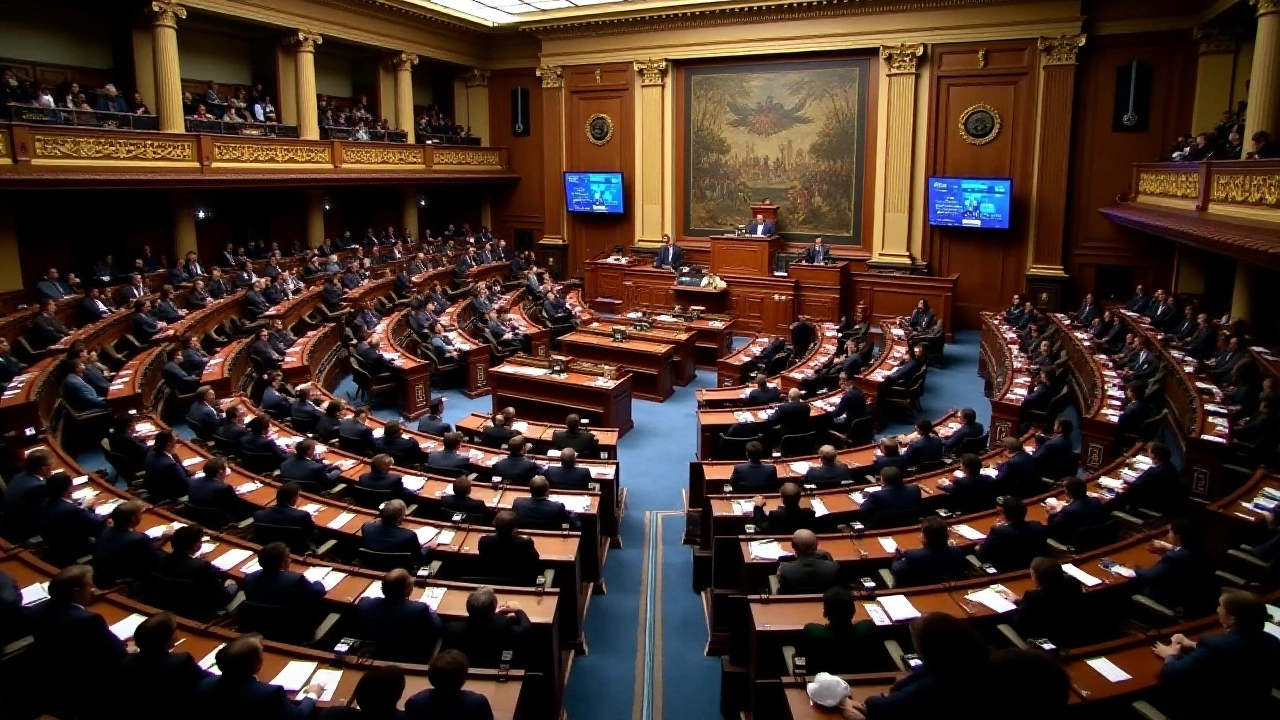All You Need to Know About the French Parliament
If you're curious about how France's laws come to life or want to stay updated on political moves, understanding the French Parliament is a great place to start. This key institution shapes the nation's policies and debates on issues that affect everyday life.
The French Parliament is bicameral, meaning it has two chambers: the National Assembly and the Senate. The National Assembly is the more powerful of the two, with members directly elected by the public. It’s where most of the action happens — discussing, amending, and voting on bills.
Why Does the French Parliament Matter?
Whether it’s about environmental laws, economic reforms, or social policies, decisions made here impact everyone in France and even have ripple effects beyond its borders. News about parliamentary debates or decisions often signals shifts in the political landscape or government priorities.
Keeping an eye on this can help you grasp France’s current challenges and where things might be headed. From voting procedures to debates on pressing issues, the Parliament offers insight into France’s democratic process in action.
What to Watch For in French Parliamentary News
New laws or reforms, major political clashes, and shifts in power dynamics are key highlights when following the French Parliament. For example, updates on economic policies or social reforms typically ignite public interest and sometimes protests. That’s why staying informed helps you see the bigger picture of French governance and its impact on society.
Explore ongoing stories, official announcements, and expert analyses to get a well-rounded view. This makes the French Parliament not just a topic for political buffs but for anyone interested in how modern democracies work.
Macron Faces Political Turmoil as French National Assembly Passes Historic No-Confidence Vote
In a significant development for French politics, President Emmanuel Macron faces the challenge of appointing a new prime minister after the National Assembly passed a no-confidence vote against Michel Barnier. This marks the first successful no-confidence motion since 1962, driven by disputes over the budget and a rare coalition between far-right and left-wing lawmakers. The event highlights the country's political instability and Macron’s task of uniting a divided parliament.
Read More
